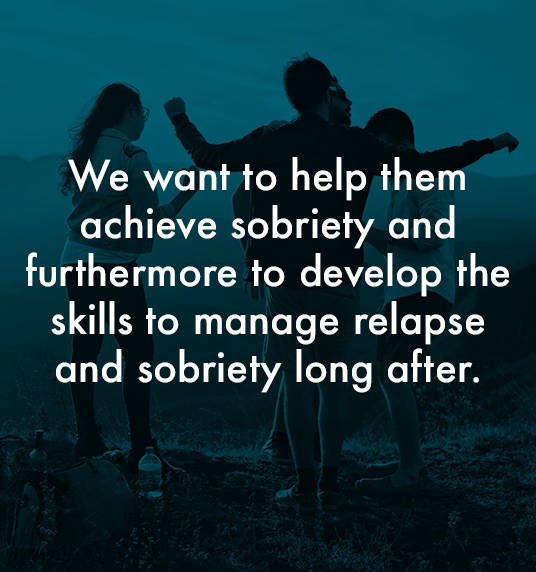Patient Resources

A significant part of this is community support. Relapse is difficult, but significantly easier with help. What community looks like will vary by person, and that is more than okay. A lot of people find community in recovery or groups outside of rehab, like in AA meetings or NA meetings. A great way to build and strengthen community outside of treatment, is to participate in local community activities and to volunteer. Building a community does require proactiveness, but it will pay off in the long run. Even if one’s community is not directly involved in treatment or anything to do with addiction, the support is still essential. At Mountain View Recovery, we work to develop unique treatment plans and long-term recovery resources to thoroughly help individuals.
ALUMNI PROGRAM
MountainView Recovery
5475 Mark Dabling Blvd #102
Colorado Springs, Co 80918
Contact Us Today!
MountainView Resources!
The alumni program includes:
- No time limit: We want to ensure that everyone receives the help they need; each person is unique: their needs will vary and some require more time than others.
- Sober living: For people in initial recovery, sober living homes are essential. It’s important for most to spend a significant amount of time away from access to substances, but also away from people who are potentially bad influences.
- Group meetings: Participants will go twice a week to a group meeting. This helps for continual communication, accountability, and building relationships. Support is a necessity in recovery and this is a great place to find that.
- Life management skills: It’s important to develop skills that will help after treatment. This includes work skills, social skills, and other necessary skills for living in society on one’s own.
Our alumni program is there to serve our clients. We want to help them achieve sobriety and furthermore to develop the skills to manage relapse and sobriety long after. It’s important to provide an environment where clients feel safe and comfortable.

YOUNG ADULT RESOURCES
PATIENT RESOURCES AT MOUNTAIN VIEW COMMUNITY
Mountain View Recovery Treatment Programs
Patient Resources
Addiction is complex, which means treatment and long-term recovery are complex. Despite this, it shouldn’t scare anyone – patients or their loved ones. It just means that treatment and recovery both require thorough and thoughtful planning.
Outpatient Program
Our outpatient program (OP) is a transition preparatory phase. It provides a minimum of nine (9) hours of weekly outpatient treatment. This involves a minimum of one (1) hour/s individual substance abuse/behavioral health counseling per week.
Adventure Therapy
For a long time, nature has been seen as a balm to the problems we face in society. Even during pre-industrial times, people would seek out the countryside as a means to feel better. Many people have also used nature as a way to understand the world.
Trauma and Recovery
Just like physical trauma occurs, so does psychological trauma. Any number of traumatizing events occur and cause psychological trauma. A lot of people will experience trauma before or because of addiction. It’s possible for addiction to deepen…
Neurofeedback
Nobody sets out with the intention of becoming addicted to anything. Even someone making a conscious decision to try substances is not intending to become dependent, experience withdrawal, and risk overdose or death. There are numerous factors.
